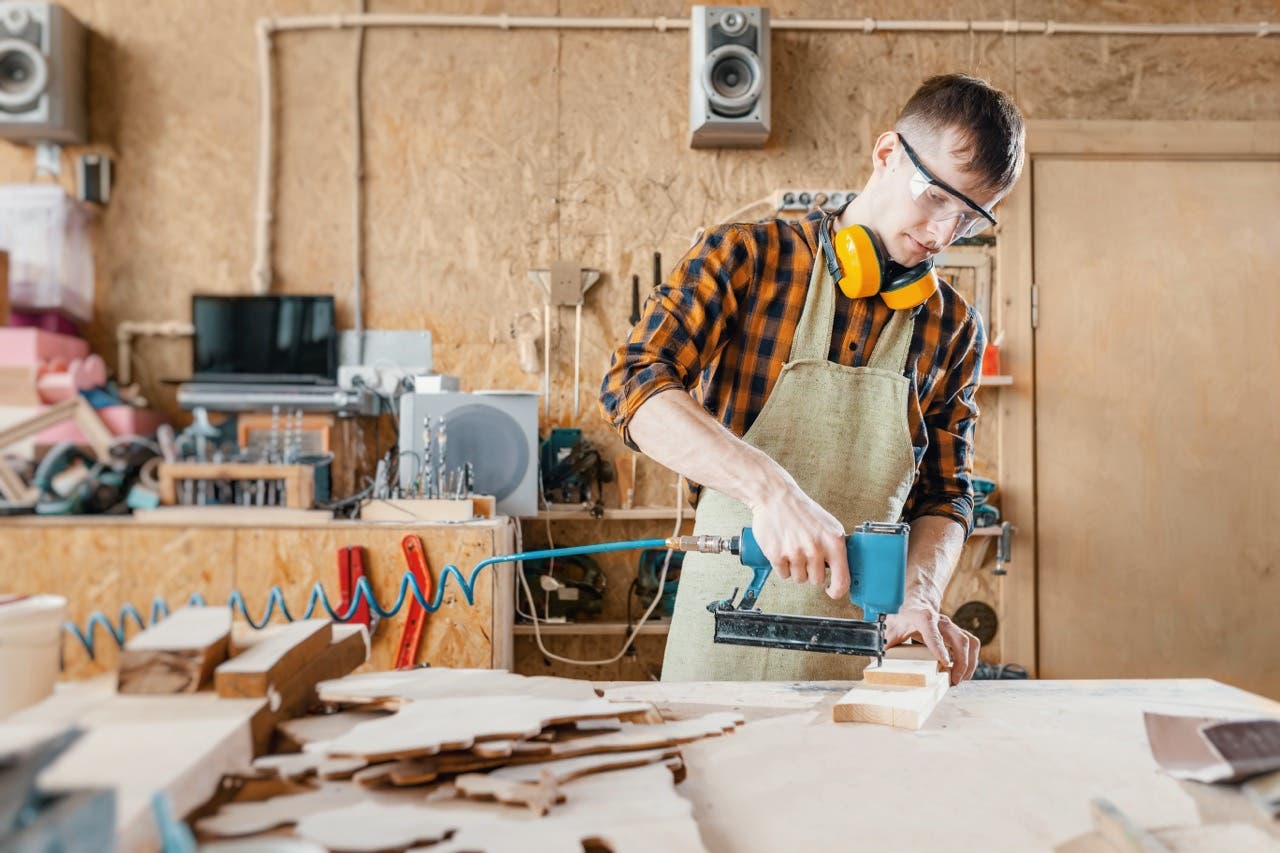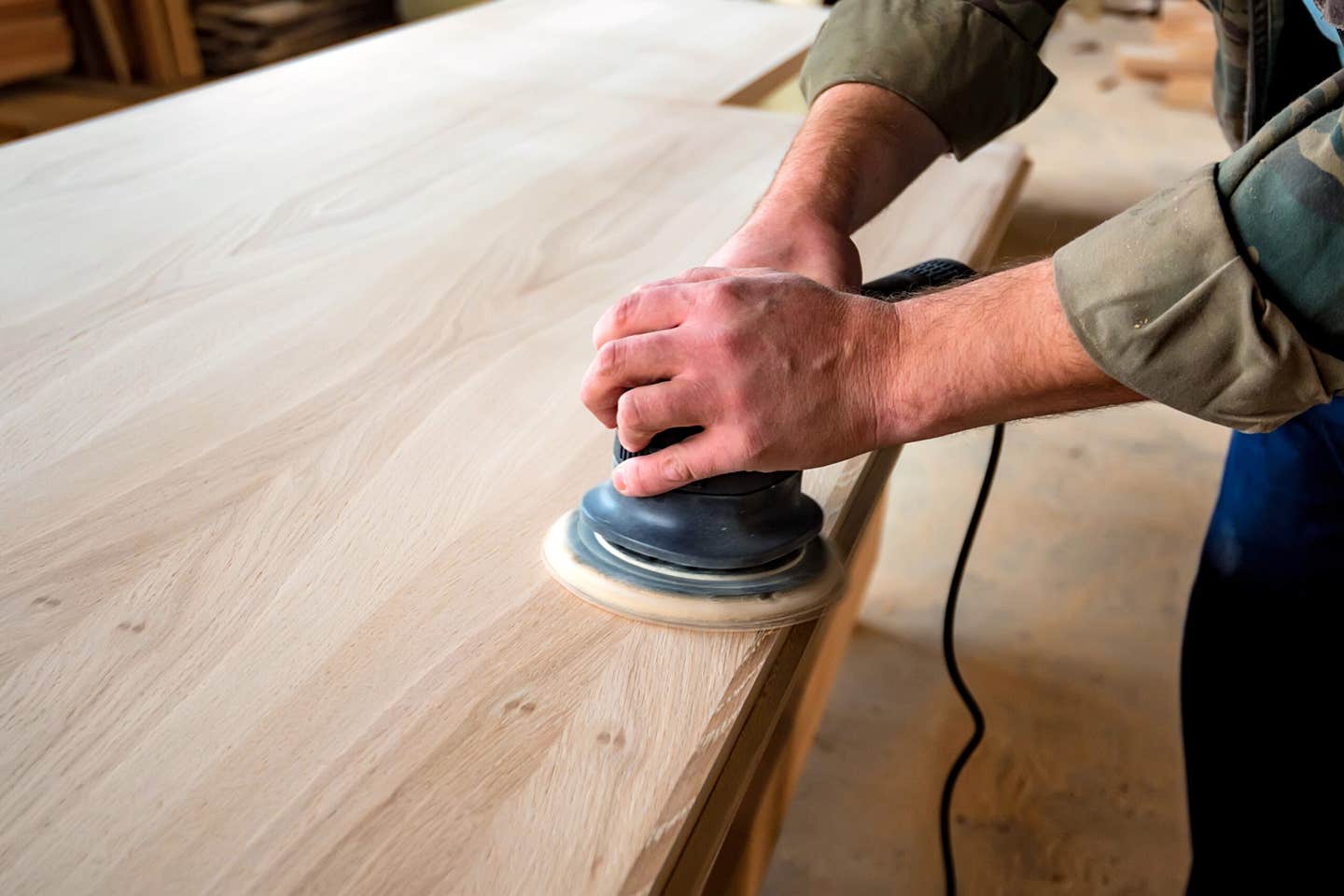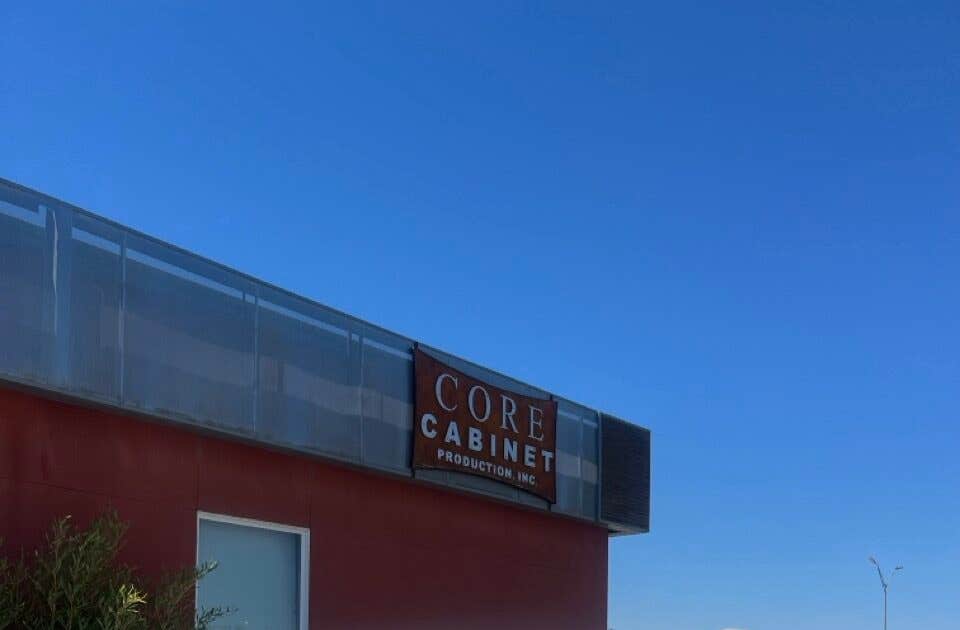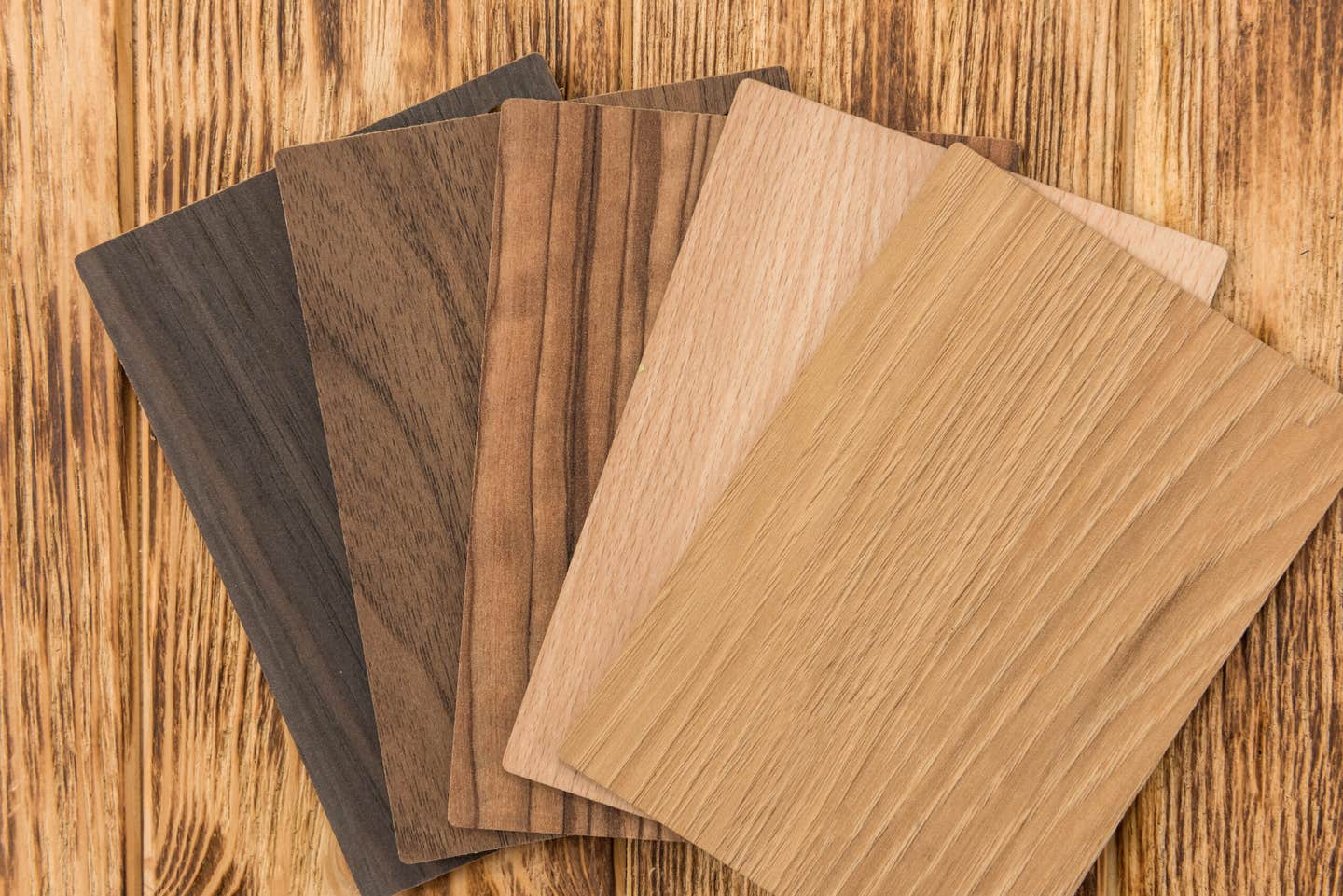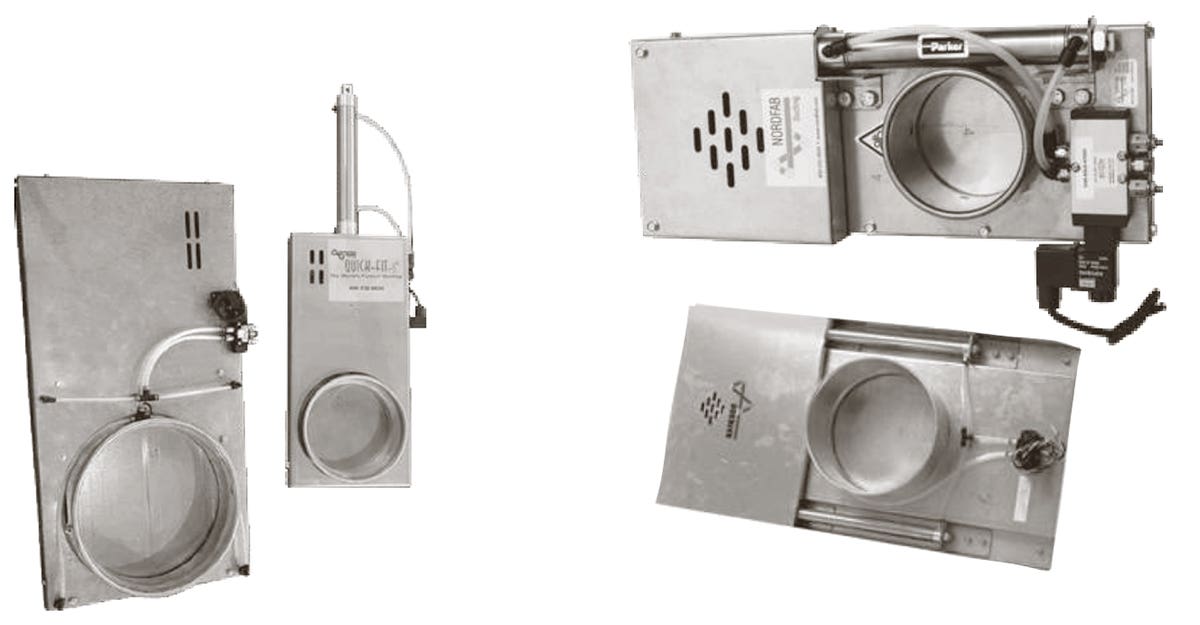African three-wheelers
Engineering students of all types at Purdue University are involved in an ongoing project to design, build and set up a local facility in Bangang, Cameroon, to produce basic utility…
Engineering students of all types at Purdue University are involved in an ongoing project to design, build and set up a local facility in Bangang, Cameroon, to produce basic utility vehicles that can assist with the transportation of produce and people.
{loadposition position10}
"Our goal was to go over there with the prototype that could be replicated using parts available in that area of Africa," says John Lumkes, assistant professor of agriculture and biological engineering. "We made some design changes in the end; we had a transmission change with the CVT [continuously variable transmission] that they would have to import, but for the most part everything that we used over there, the types of car parts would be found in junkyards over there, the types of wood they used, bearings, shafts, everything was used from local materials."
Structural parts also include African mahogany and bamboo because they are relatively inexpensive in Cameroon. Lumkes says it is an ongoing project.
"What we're doing is refining the wood portions to make it easier to build and less complex. We kind of had a truss frame this year and also needed to fix the belt pulley system and we have that pretty much up and running. We have been testing a vehicle here for two or three weeks with a belt pulley system. So the goal would be to learn from what we did last year and their build experience and then make the changes and go back there and either improve that one or build a kind of generation-two prototype."
The Purdue endeavor is done primarily as a senior design project. Engineering students work on it during the school year and, after graduation, travel to Cameroon. It is still a work in progress. The three-wheel vehicle is powered by a 10-hp single-cylinder diesel engine.
"The main thing it provides is affordable transportation," Lumkes says. "The vehicle has to be cheap and really easy to maintain locally, but if we can do that, then they recoup their costs in a year or two just by getting their extra food to a market they can sell as an income."
This article originally appeared in the September 2010 issue.



